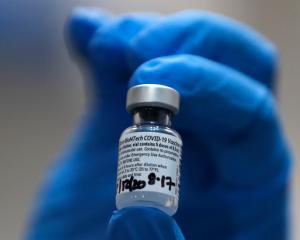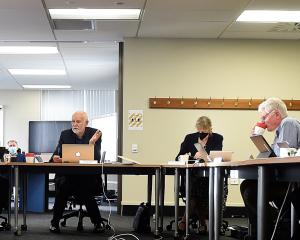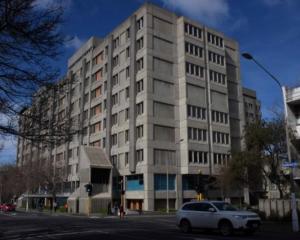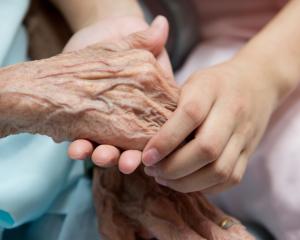Criticism of Dunedin Hospital's relationship with Otago University could be levelled at any DHB hospital, he said.
The National Health Board's Dunedin Hospital review - which last Friday revealed a "culture of disempowerment" in which staff struggle to provide safe services - criticised the lack of a "clear partnership" with the university.
"There is no shared vision of the expected future of the hospital and university," the report said.
While the institutions largely worked well together, the relationship should be developed into a "true service and education partnership".
University expertise could help the hospital with operational and strategic matters.
The relationship should not just be focused on the Dunedin School of Medicine.
"We understand that discussions and decisions made with the university are mainly at a medical school level, rather than a university level, which appears to be limiting the amount of strategic consideration taking place," the report said.
Prof Crampton said when contacted the university had a good relationship with the Southern District Health Board.
"The [relationship] here is trust-based and functional and I wouldn't say that of all our DHB relationships all the time... sometimes they get a bit tested by trying circumstances ... "
The law governing DHBs was the issue.
"DHBs have very clear marching orders in respect to what they're meant to deliver. Those marching orders don't really include much about universities, or training, or workforce development.
"The legislation includes some reference to those things, but if you're making very difficult trade-off decisions about service delivery and meeting the needs of populations, I can see that boards get preoccupied at that end of the spectrum.
"I don't think Southern DHB should be singled out in that regard."
The report recommends Otago University be formally represented on the DHB's executive team.
At present, Dunedin School of Medicine dean Dr John Adams is a member of the executive, and Prof Crampton believed additional formal ties could put unrealistic expectations on the university's resources.
There was great scope for creating closer ties between DHBs and universities which would benefit the whole country.
Positive activity was happening in that regard at a national and local level driven by the likes of Health Workforce New Zealand, he said.
Asked for comment, National Health Board service improvement manager Jill Lane said the relationship between the Southern DHB and Otago University was especially crucial.
"The assessment panel believes that the opportunity for the closer relationship between the University of Otago and Southern DHB is unique because of the common challenges faced by the DHB and the medical school, and the role of Dunedin Hospital as a teaching hospital."











